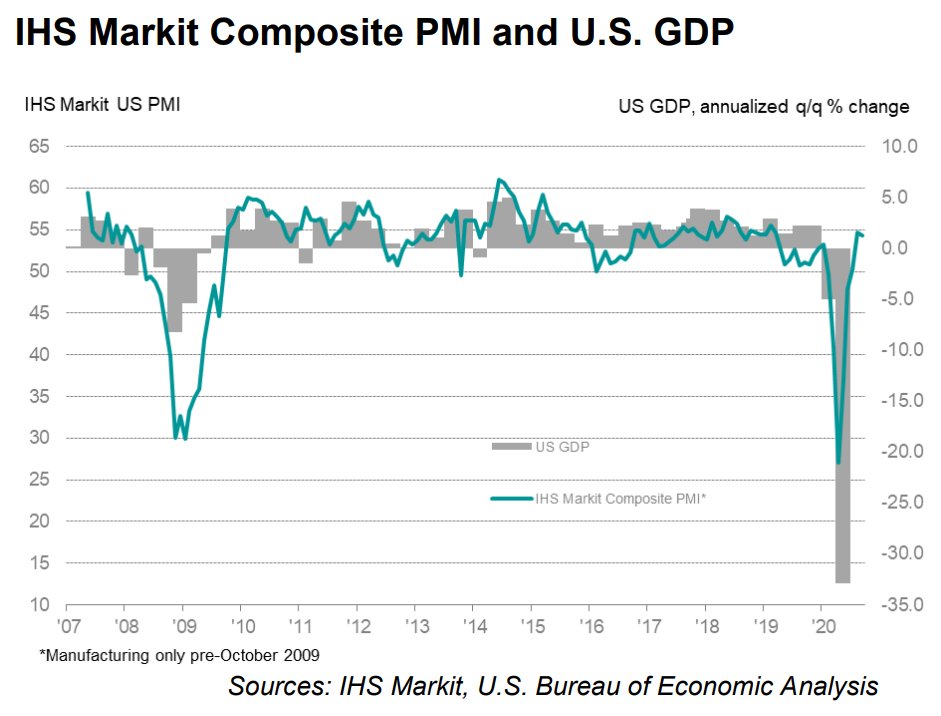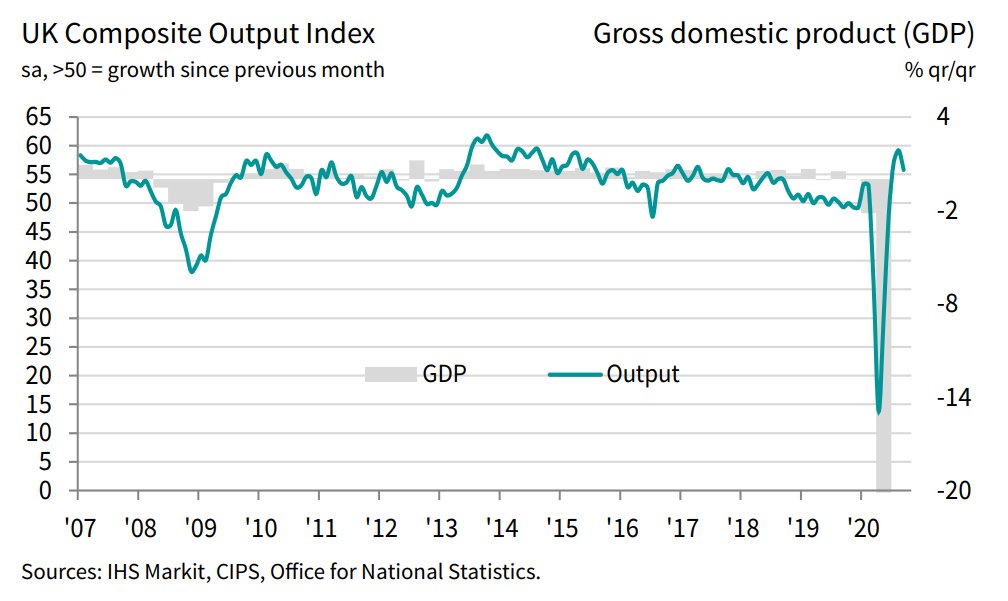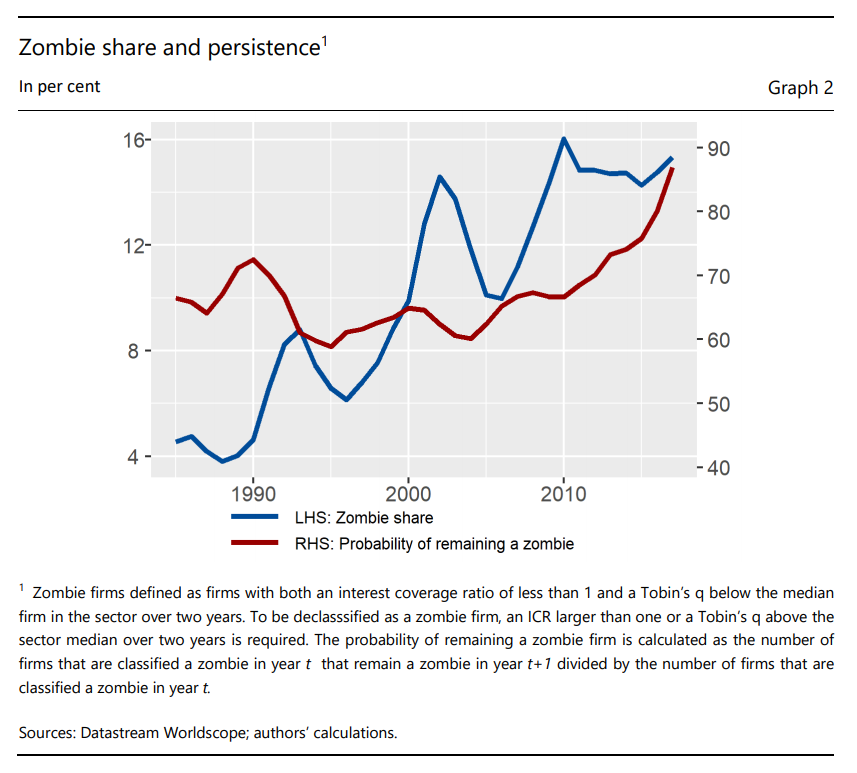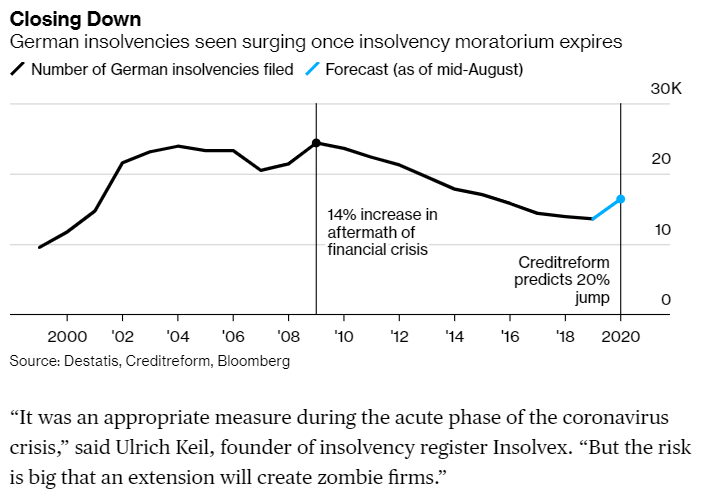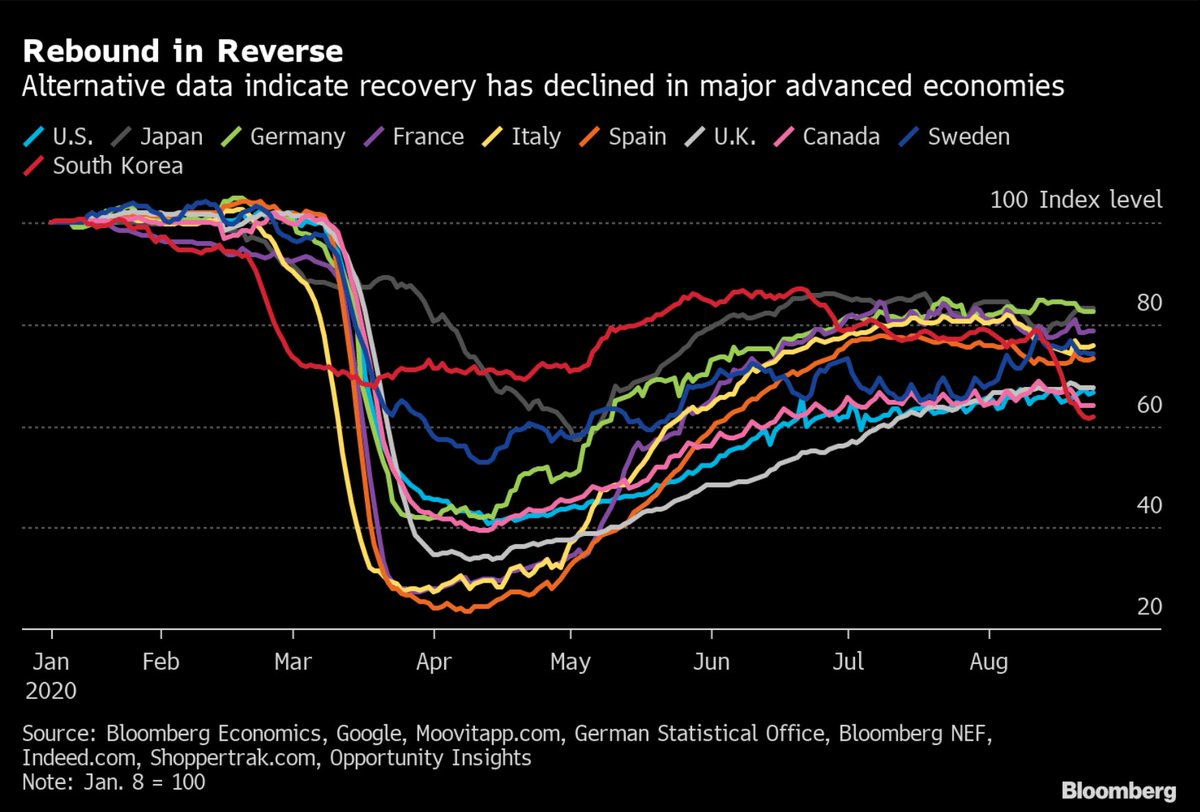China bank failure fires warning shot at financial markets
Liquidation of the municipal lender raises borrowing costs for small peers and push more of them on the brink
#Economy still wobbling, it’s a risky time to cleanse the system
#China #recession
reuters.com/article/us-chi…
Liquidation of the municipal lender raises borrowing costs for small peers and push more of them on the brink
#Economy still wobbling, it’s a risky time to cleanse the system
#China #recession
reuters.com/article/us-chi…
PBOC’s Attempt to Exit Crisis Mode Faces a $500 Billion Test
#China’s banks need $500 billion in fresh #liquidity this month to roll over existing #debt and buy government bonds, complicating the PBOC’s efforts to exit crisis measures.
#recession
bloomberg.com/news/articles/…
#China’s banks need $500 billion in fresh #liquidity this month to roll over existing #debt and buy government bonds, complicating the PBOC’s efforts to exit crisis measures.
#recession
bloomberg.com/news/articles/…

China’s central bank is buying government debt?
Clearing data suggest that central bank bought sovereign bonds. #PBOC hasn’t spelled out its intentions on government debt.
#China #recession #debt
bloomberg.com/news/articles/…
Clearing data suggest that central bank bought sovereign bonds. #PBOC hasn’t spelled out its intentions on government debt.
#China #recession #debt
bloomberg.com/news/articles/…

“A broad financial war has already started ... the most lethal tactics have yet to be used”
“We have to mentally prepare that the United States could expel China from the dollar settlement system”
#US #China #recession #economy
reuters.com/article/us-usa…
“We have to mentally prepare that the United States could expel China from the dollar settlement system”
#US #China #recession #economy
reuters.com/article/us-usa…
China's banking sector expected to dispose $490 billion of bad loans in 2020
“The sector will further step up bad loan disposals in 2021, as some of the problems will be exposed next year due to delayed loan payments”
#China #recession
reuters.com/article/us-chi…
“The sector will further step up bad loan disposals in 2021, as some of the problems will be exposed next year due to delayed loan payments”
#China #recession
reuters.com/article/us-chi…
China’s Peer-to-Peer Lending Purge Leaves $115 Billion in Losses
Clampdown has whittled the number to 29 platforms, from 6000
Platforms had comprised one of the riskiest and least regulated slices of the shadow banking system
#China #Banks #ShadowBank
bloomberg.com/news/articles/…
Clampdown has whittled the number to 29 platforms, from 6000
Platforms had comprised one of the riskiest and least regulated slices of the shadow banking system
#China #Banks #ShadowBank
bloomberg.com/news/articles/…
Borrowing to buy stocks pushes China’s record household debt
Consumer loans flowing into stocks caught regulatory attention. Household debt climbs to new high while default risk surges
#China #recession #debt #StockMarket
bloomberg.com/news/articles/…
Consumer loans flowing into stocks caught regulatory attention. Household debt climbs to new high while default risk surges
#China #recession #debt #StockMarket
bloomberg.com/news/articles/…

“The world may once again be pushed to the verge of a global financial crisis”
🇨🇳China warns 🇺🇸Fed easing risks financial crisis + Bad debts at Chinese financial institutions balloons significantly.
#China #US #Fed #recession #banks #crisis
bloomberg.com/news/articles/…
🇨🇳China warns 🇺🇸Fed easing risks financial crisis + Bad debts at Chinese financial institutions balloons significantly.
#China #US #Fed #recession #banks #crisis
bloomberg.com/news/articles/…
China joins in, central bank injects 700 billion yuan
So much for "PBOC’s attempt to exit crisis mode"
#China #recession #Economy
reuters.com/article/us-chi…
So much for "PBOC’s attempt to exit crisis mode"
#China #recession #Economy
reuters.com/article/us-chi…
Chinese citizens using cryptocurrency to move their money out of the country, hinting at capital flight
“Obviously, not all of this is capital flight, but we can think of $50 billion as the absolute ceiling for capital flight”
#China #recession
cnbc.com/2020/08/21/chi…
“Obviously, not all of this is capital flight, but we can think of $50 billion as the absolute ceiling for capital flight”
#China #recession
cnbc.com/2020/08/21/chi…
Unlicensed asset management companies are still operating in China, causing a “serious threat to financial stability”, a top official of China’s central bank.
#China #economy #recession
cnbc.com/2020/08/22/chi…
#China #economy #recession
cnbc.com/2020/08/22/chi…
🇨🇳 China brace for record defaults as delinquencies are accelerating. Dangerous new phase for the nation’s $4.1 trillion corporate bond market.
“Government has neither the firepower nor the will to backstop it all”
#China #debt #bonds #recession
bloomberg.com/news/articles/…
“Government has neither the firepower nor the will to backstop it all”
#China #debt #bonds #recession
bloomberg.com/news/articles/…

China 🇨🇳
"Current economic situation is complex and severe”
People’s Bank of China Governor Yi Gang urged banks to support smaller companies through innovations in financial services and products.
#China #PBOC #recession
bloomberg.com/news/articles/…
"Current economic situation is complex and severe”
People’s Bank of China Governor Yi Gang urged banks to support smaller companies through innovations in financial services and products.
#China #PBOC #recession
bloomberg.com/news/articles/…

🇨🇳 Beijing has enlisted nation’s mega banks to aid in recovery and they are ramping up their recruitment joining other state-owned firms in boosting employment even as lenders deal with plunging earnings and ballooning bad debt
#China #recession #Banking
bloomberg.com/news/articles/…
#China #recession #Banking
bloomberg.com/news/articles/…
🇨🇳China's Xi worried?
Warns "period of turbulent change" as external risks rise
Economy is facing a period of turbulent change and rising external markets risk required policymakers to increasingly rely on domestic demand to spur growth
#China #recession
uk.reuters.com/article/us-chi…
Warns "period of turbulent change" as external risks rise
Economy is facing a period of turbulent change and rising external markets risk required policymakers to increasingly rely on domestic demand to spur growth
#China #recession
uk.reuters.com/article/us-chi…
🇨🇳 China’s 4 biggest banks face $940 billion capital shortage by 2024... to meet global capital requirements designed to protect the public and the financial system against massive bank failures
#China #recession
bloomberg.com/news/articles/…
#China #recession
bloomberg.com/news/articles/…
🇨🇳 China central bank injects $29 billion via reverse repos
... injected 200 billion yuan into the banking system, a batch of 150 billion worth of reverse repos is set to mature, leaving 50 billion on a net basis via the #liquidity tool
#China #recession
reuters.com/article/us-chi…
... injected 200 billion yuan into the banking system, a batch of 150 billion worth of reverse repos is set to mature, leaving 50 billion on a net basis via the #liquidity tool
#China #recession
reuters.com/article/us-chi…
🇨🇳 Big four #China banks see a surge in loan losses, been told to forgo profits to support the #economy
“Profitability in the banking sector will continue to face relatively large pressure in the coming one to two quarters as risks may further increase”
bloomberg.com/news/articles/…
“Profitability in the banking sector will continue to face relatively large pressure in the coming one to two quarters as risks may further increase”
bloomberg.com/news/articles/…

🇨🇳 Warning signs are flashing for China’s $45 trillion banking industry
Profits are plunging at the fastest pace in at least a decade, bad debt has hit a record and capital buffers are eroding.
#China #recession #debt #banks
bloomberg.com/news/articles/…
Profits are plunging at the fastest pace in at least a decade, bad debt has hit a record and capital buffers are eroding.
#China #recession #debt #banks
bloomberg.com/news/articles/…
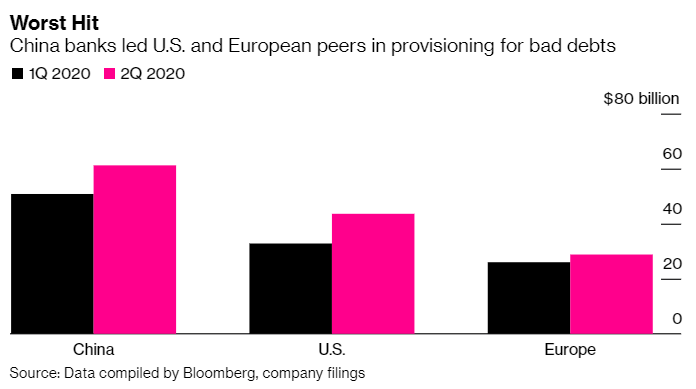
• • •
Missing some Tweet in this thread? You can try to
force a refresh









